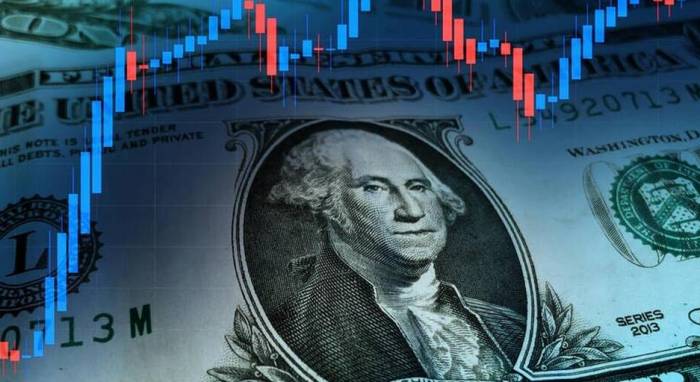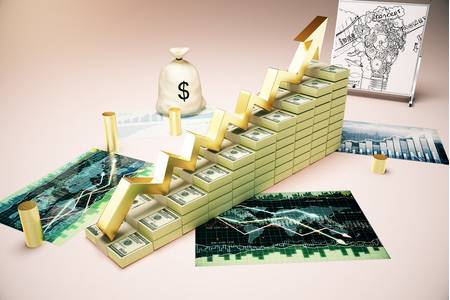In 2025, is the US economy slowing down and becoming a "drag" on global growth?
On Wednesday, the Organisation for Economic Co-operation and Development (OECD) downgraded its forecast for US economic growth by 20%, expecting the US economy to slow down to 1.6% next year as the Federal Reserve lowers interest rates.
At the same time, the OECD predicts that the global economic growth rate for 2024 and 2025 will be 3.2%, an increase of 10% compared to last year, mainly due to the improved expectations for Saudi Arabia, Russia, and Brazil, as well as the improved expectations for the UK economy.
The OECD stated that large economies are now "turning the tide" in dealing with inflation, and the expectations for a good economy next year will create space for central banks to continue lowering interest rates, but the timing and speed of the rate cuts need to be "carefully judged". It also urged governments to control fiscal expenditures and increase tax revenues to rebuild fiscal buffers.
OECD: Economic recovery requires structural reforms, and inflation risks still exist.
OECD Chief Economist Álvaro Pereira said that in the process of global economic recovery, governments need to find a balance between maintaining fiscal discipline and stimulating economic growth.
"We advocate fiscal discipline, not a return to austerity policies."
The OECD believes that many countries need to reform their pension and broader welfare systems, while increasing revenue through indirect taxes and property taxes, and abolishing tax exemption policies.However, Pereira warned that although inflation has eased, it has not completely disappeared, and there are still certain risks. In many countries, service price inflation still needs to decrease by 1 percentage point or more in order to bring the core inflation rate back to a level consistent with the central bank's targets.
He added that there is a "disconnect" between policy direction and people's daily experiences in countries where wages have not kept up with food prices. "People still feel pinched when they go to the supermarket."
At the same time, the relative dependence on global growth masks significant differences on both sides of the Atlantic. Specifically, the U.S. economy is expected to grow by 2.6% in 2024 and 1.6% in 2025, while the Eurozone is forecasted to grow by only 0.7% this year and 1.3% in 2025.
Pereira stated that one way to increase long-term growth is to break down barriers to competition in the service industry—especially in regulated industries and in the fields of energy, telecommunications, and transportation.
The OECD also pointed out that geopolitical and trade tensions pose a threat to investment and could drive up import prices. As the labor market cools, economic growth may slow down, and if deflation exceeds expectations, financial markets could be disrupted.
French debt crisis triggers market concerns.
Pereira said, "In recent years, fiscal issues have not received enough attention."
He noted that with increasing pressures such as aging populations, climate change, increased defense spending, and growing debt burdens, "the sooner fiscal discipline is restored, the better." Some analyses suggest that Pereira's remarks seem to imply the recent fiscal deficit pressures faced by France.Recently, France's debt crisis has sparked market concerns, with the yield on French 10-year government bonds now on par with those of Spain. The Governor of the Bank of France has even stated that it is "unrealistic" to control the deficit within the 3% limit set by the European Union within the next three years.
According to the Financial Times, French Finance Minister Antoine Armand said on Tuesday that the government is considering increasing taxes on the wealthy and businesses to address "one of the most severe deficits in our history."
Pereira refused to comment on the situation in France but stated that high debt levels in certain countries are "definitely very likely" to cause market turmoil.





























